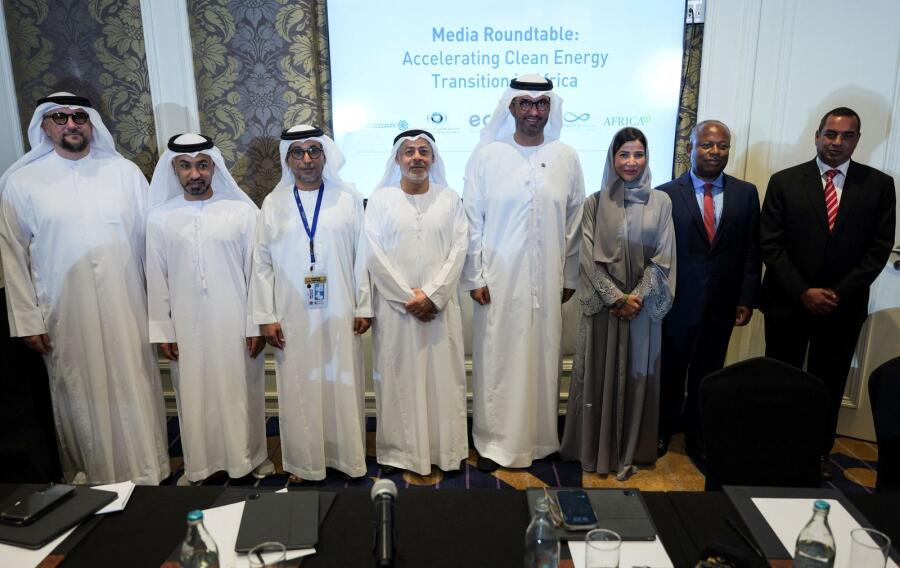The African Climate Summit concluded, securing a remarkable $23 billion in funding commitments as African leaders sought unity and emphasized the continent’s potential as a green energy hub. Africa faces increasing vulnerability to climate change impacts, prompting Kenyan President William Ruto to lead a narrative shift during the Nairobi conference, focusing on accelerating the transition to clean energy in the region. Ruto highlighted the summit’s success in garnering $23 billion for green growth, mitigation, and adaptation efforts across Africa.
A final declaration from the Africa Climate Summit is expected to call on the international community to address Africa’s heavy debt burden and reform the global financial system to facilitate investments in clean energy. Leaders are also demanding that wealthy carbon-emitting nations fulfill their longstanding climate pledges to support less affluent countries. Analysts anticipate that a united African voice could generate momentum leading up to crucial global climate meetings, including the G20 summit in New Delhi.
However, achieving consensus across Africa’s diverse 1.4 billion population is challenging, with some governments advocating for renewables while others defend fossil fuel reserves. These differing visions are likely to play out at the COP28 talks in the United Arab Emirates, where global efforts to reduce planet-heating emissions will be evaluated. President Ruto emphasized that African solutions are not only suitable for the continent’s problems but also essential for global well-being. Africa’s abundant renewable potential and rich natural resources, including critical minerals for batteries and fuel cells, position it well for the transition away from carbon-intensive fuels






